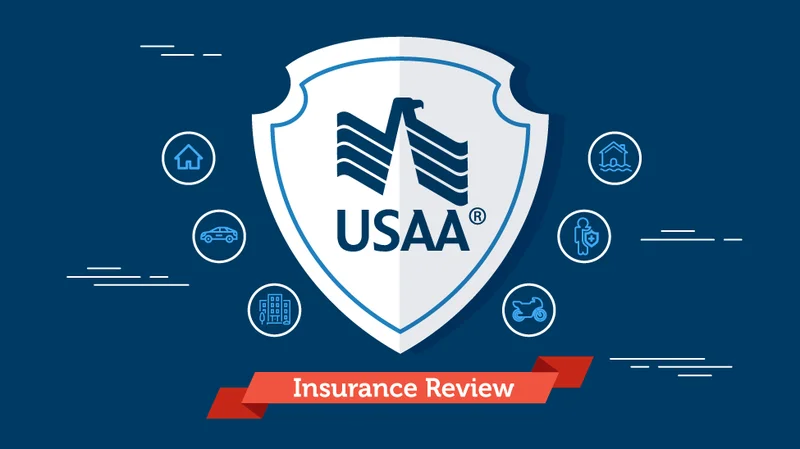Two giants, USAA and Humana, are joining forces, ostensibly to better serve the healthcare needs of aging veterans. The marketing materials are slick, the promises grand, but the question remains: is this a genuine commitment or just another example of corporate synergy designed to tap into a lucrative demographic?
Digging into the Details: What's Actually on Offer?
The core of the partnership revolves around Humana USAA Honor Giveback plans. These Medicare Advantage plans, available to anyone eligible for Medicare, are marketed with veterans in mind. The key selling point is a Part B giveback, which adds money back into the beneficiary’s Social Security check. They also tout zero-dollar monthly premiums and copays for primary care visits. New for 2026, every Humana USAA Honor Giveback plan features a $0 copay for in-network mental health services.
Sounds good, right? But let’s dissect this a bit. The Part B giveback isn't free money; it's a reduction in your premium. And while zero-dollar premiums are attractive, it's crucial to understand what you are paying for in terms of copays, deductibles, and out-of-pocket maximums. These plans aren’t charities; they are businesses. The devil, as always, is in the details of the coverage.
The claim that these plans are designed "with veterans in mind" also warrants scrutiny. What specific features cater exclusively to veterans' unique healthcare needs beyond the generic benefits offered to all Medicare recipients? The press release mentions special training for Humana Customer Care specialists to help veterans navigate their benefits. But is this training substantial, or just a cursory overview of VA benefits integrated with Medicare?
It's also worth asking if Humana's network adequately addresses the specific geographic needs of veterans. Are there sufficient providers in rural areas where many veterans reside? (Anecdotally, I've heard from several veterans that finding specialists who accept their insurance can be a significant challenge.)

The Broader Context: Financial Incentives and Market Positioning
USAA, primarily known for its financial services, brings brand recognition and a loyal customer base to the table. Humana, a major player in the health insurance industry, gains access to that customer base. The partnership is mutually beneficial, which is fine, but it raises questions about the primary motivation. Is it really about improving veteran healthcare, or is it about increasing market share and profitability? A Shared Mission: Humana and USAA Join Forces to Support Veterans’ Health As They Age
The Medicare Advantage Annual Election Period (ending Dec. 7) is mentioned prominently. This collaboration conveniently ramps up just in time for veterans to consider their healthcare coverage options for the year ahead. The timing suggests that the partnership is, at least in part, driven by the desire to capture a larger share of the Medicare Advantage market.
The article states that "Nearly half of all U.S. veterans are now 65 or older." This demographic shift is significant. As the veteran population ages, the demand for healthcare services tailored to their needs will only increase. This presents a substantial market opportunity for companies like Humana and USAA.
Humana pays royalty fees to USAA for the use of its intellectual property. USAA means United Services Automobile Association and its affiliates. Use of the term “USAA member” or “USAA membership” refers to membership in USAA Membership Services and does not convey any legal or ownership rights in USAA. Restrictions apply and are subject to change. USAA and the USAA Logo are registered trademarks of the United Services Automobile Association. All rights reserved. No Department of Defense or government agency endorsement. (These details are important, but easily overlooked in the marketing blitz.)
Smoke and Mirrors?
This partnership, while presented as a noble endeavor, ultimately comes down to business. Humana and USAA are not charities; they are corporations with a fiduciary responsibility to their shareholders. While there is nothing inherently wrong with that, it's crucial to maintain a healthy dose of skepticism. Are veterans genuinely receiving better care, or are they simply being targeted by sophisticated marketing campaigns? The answer, as always, likely lies somewhere in the gray area between altruism and self-interest. The proof will be in the actual healthcare outcomes and the experiences of the veterans themselves.
